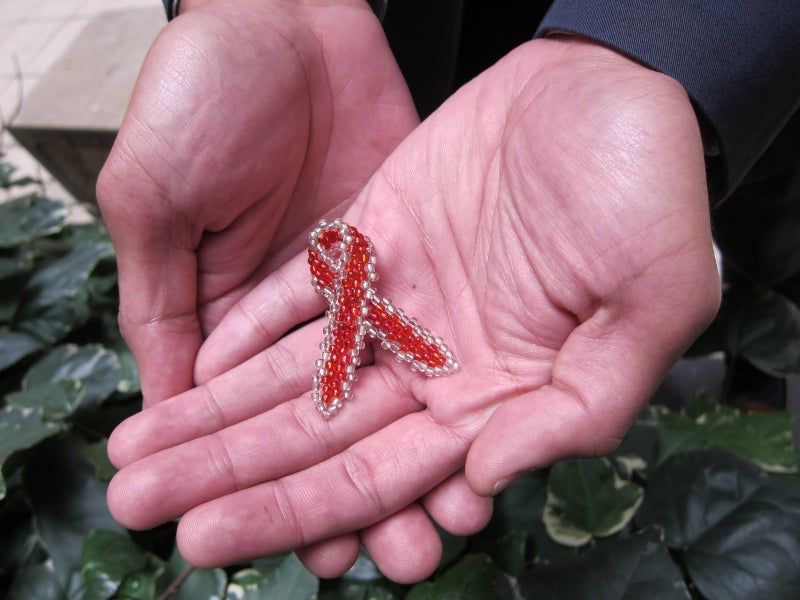
Today is the most mixed World AIDS Day in our 30-year fight against this devastating disease.
AIDS continues to reverse decades of human progress, particularly in Africa. As of 2010, 30 million people have died of AIDS-related causes, and another 34 million are living with HIV. And with HIV/AIDS funding flat-lining, we’re all facing the challenge of doing more with less.
But after a decade of concerted global effort and remarkable successes in treatment and prevention, there’s cause for hope: More countries are seeing HIV decline, and we’ve witnessed incredible scientific breakthroughs that are changing the course of the epidemic. This week, we announced that India, with the support of the World Bank and other partners, is averting 3 million HIV infections, thanks to targeted prevention interventions.
Thirty years ago, AIDS appeared as a wasting disease of unknown origins. By 1990, the disease had become a global epidemic whose millions of victims were shunned in ignorance and fear. When I look back, I’m astonished by how much we didn’t know about this completely new virus—and by how much we know now, and the progress we’ve made.
AIDS doesn’t have to be the death sentence it once was, and we’ll lead ourselves out of this epidemic if we all work together. At the World Bank, we remain committed to doing our part to halt and reverse the spread of the disease, particularly by helping countries invest in proven, cost-effective prevention efforts.
We share U.S. Secretary of State Hillary Clinton’s goal of an “AIDS-free generation”—a day when AIDS will be history.
David Wilson will be taking questions at 9 a.m. EST on Thursday, December 1, 2011, in an online chat. Please join him at http://live.worldbank.org/qa-aids-30-continuing-fight. The chat will be archived for later viewing.
More:
Timeline: AIDS at 30
India averting 3 million infections
2011 UNAIDS World AIDS Day report


Join the Conversation